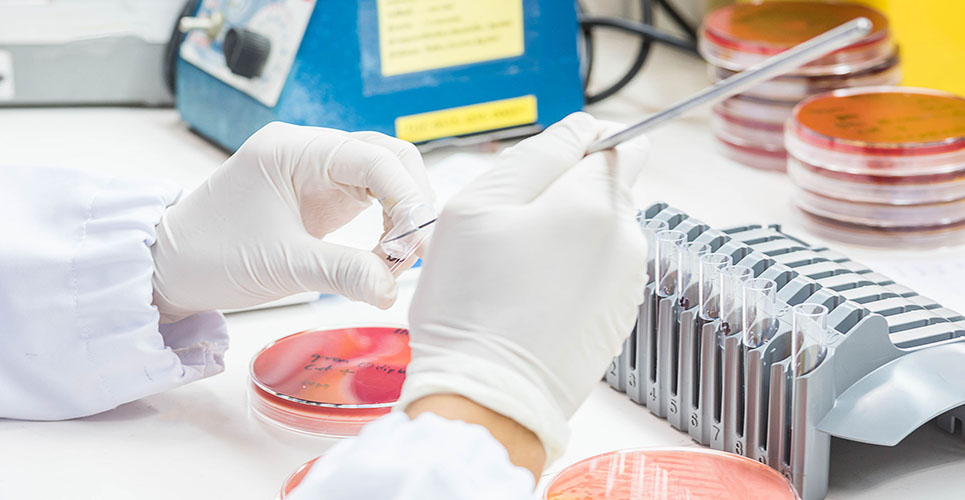teaser
People suffering from multiple sclerosis and cancer have been offered new hope after scientists identified genetic “brakes” which could slow or stop the diseases, it has been revealed.
University of Edinburgh researchers discovered there are hundreds of genes which interact with each other during the process of cell growth linked to the conditions – rather than a select group of “master” genes as was previously thought.
The experts, writing in the Nature Genetics journal, said this might explain why different people develop diseases in different ways.
They hope new treatments can be produced by pinpointing weak spots in the genetic structure that will stop tumour growth and allow healthy cells to thrive in its place.
Study leader Professor David Hume said: “This study has effectively shown us where the brakes are which could slow down or stop diseases like cancer and multiple sclerosis.
“We believe this could lead to treatments and cures for many diseases of the immune system.”
Copyright Press Association 2009

